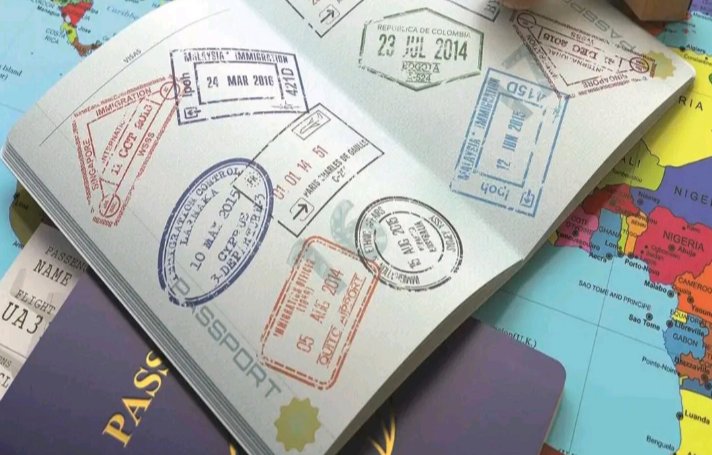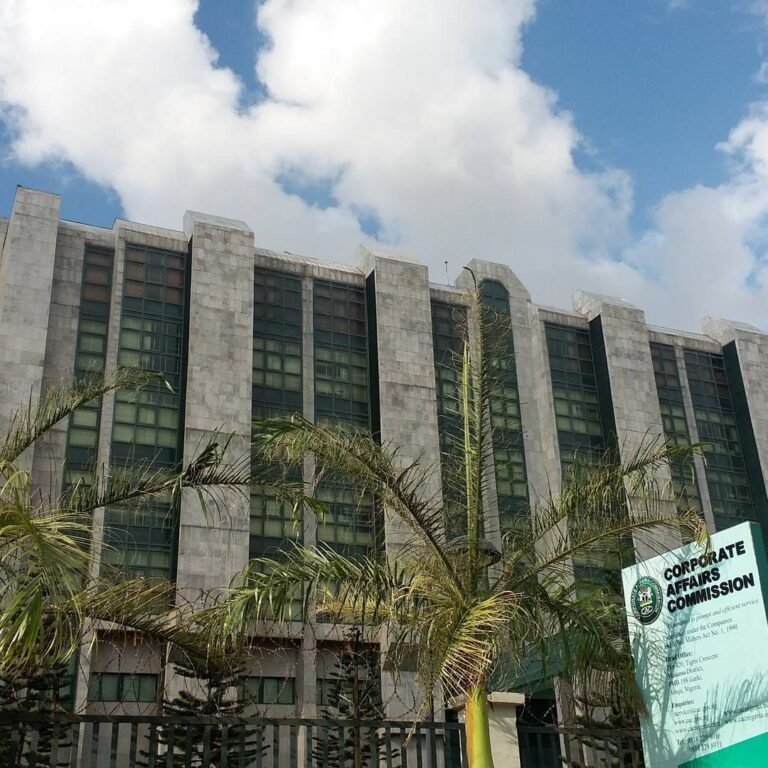The latest Africa Visa Openness Index could be summed up thus: visa-free travel in Africa is no longer a distant dream—it is now within reach of the black people’s nations. According to the 2024 Africa Visa Openness Index (AVOI), an annual report measuring intra-African travel tolerance, many countries have adopted visa policy changes, resulting in significant reforms and tangible progress towards a more open continent.
Of the 54 countries indexed, visa policies improved significantly in 17, adding to the 15 recorded in the previous year. This trend reveals African countries are more accommodating to their neighbours this year. Benin Republic, The Gambia, Rwanda and Seychelles top the chart—the four countries ranked first. While countries like Sudan, Libya, Equatorial Guinea and Eritrea struggle at the bottom of the ranking.
Visa openness is a country’s willingness to allow visitors to enter its territory, fostering economic and trade exchange among nations. According to the index, a country with a high level of visa openness has a liberal visa policy that allows visitors to enter the country without a visa or obtain one on arrival. In contrast, a country with restrictive visa policies requires visitors to obtain a visa before travelling, typically through an embassy, consulate, or other authorised source.
Since 2016, AVOI has monitored shifts in countries’ scores over time, and each report contextualises these trends within broader African and global developments. Data collection for the 2024 edition took place in July and August, relying primarily on the International Air Transport Association (IATA), an Aviation trade group for the world’s airlines, as the main source of information, consistent with previous editions.
Over the past eight years, 39 African countries significantly improved in their visa openness scores, indicating substantial progress in facilitating easy travel among the affected nations. Notably, Benin and The Gambia ranked 31st and 18th respectively in 2016 currently as two of the four countries with the most open visas for fellow African countries. Within the same years, Ethiopia climbed from its initial 46th position to 19th, Sierra Leone from 32nd to 13th, and Nigeria from 25th to 6th.
“The most striking observation about changes in visa openness since 2016 is that there has been a significant increase in the number of intra-Africa travel scenarios where African citizens are no longer subject to a visa requirement concerning casual travel,” the report reveals. “This metric has moved from 20% in 2016 to 28% in 2024, translating to a 40% increase in visa-free travel over the past nine years.”
Africa’s visa openness success is found in the countries’ liberal policies and the reduced number of countries with visa requirements over the years. In 2024, the Index reveals, 26 African countries, representing 44 percent, offered an e-visa for Africans, compared to 17 percent, representing nine countries in 2016. Though Nigeria made significant progress with electronic visa applications, the high visa fee has impacted its position in the ranking. Last year, the Nigerian government nearly doubled the visa-on-arrival biometric fee, raising it from $90 to $170. The exorbitant fee discourages potential investors and tourists, hindering the government’s economic recovery plan.
Seyi Adewale, CEO of Mainstream Cargo Limited, believes soft visa policies boost economic growth by attracting foreign exchange inflows. He stated that restricting visas is similar to limiting new foreign exchange inflows into the economy.
The new Sierra Leone visa policy, granting visa-free access to Ghanaians and Nigerians—an upgrade from its previous visa-on-arrival, contributes to its remarkable 62 percent increase in the visa openness score. This improvement moved the country from 22nd place in 2023 to 13th in 2024. In the same vein, Angola expanded its visa-free policy to grant unrestricted access to citizens from 19 African countries, up from 10 countries reported in the 2023 AVOI report.
Meanwhile, despite the applauding progress, domestic conflicts continue to restrict the movement of people across Africa, potentially affecting the performance of some nations in the Index. For instance, in recent years, West Africa’s Mali, Burkina Faso, Gabon, and Niger have witnessed unconstitutional regime changes. Elsewhere, conflicts have resulted in massive displacement, as seen in Sudan, with millions already fled to neighbouring Chad. At the same time, volatile security situations along Sudan’s borders with Chad, Eritrea, and Ethiopia have drastically curtailed regular travel, the report reveals.














